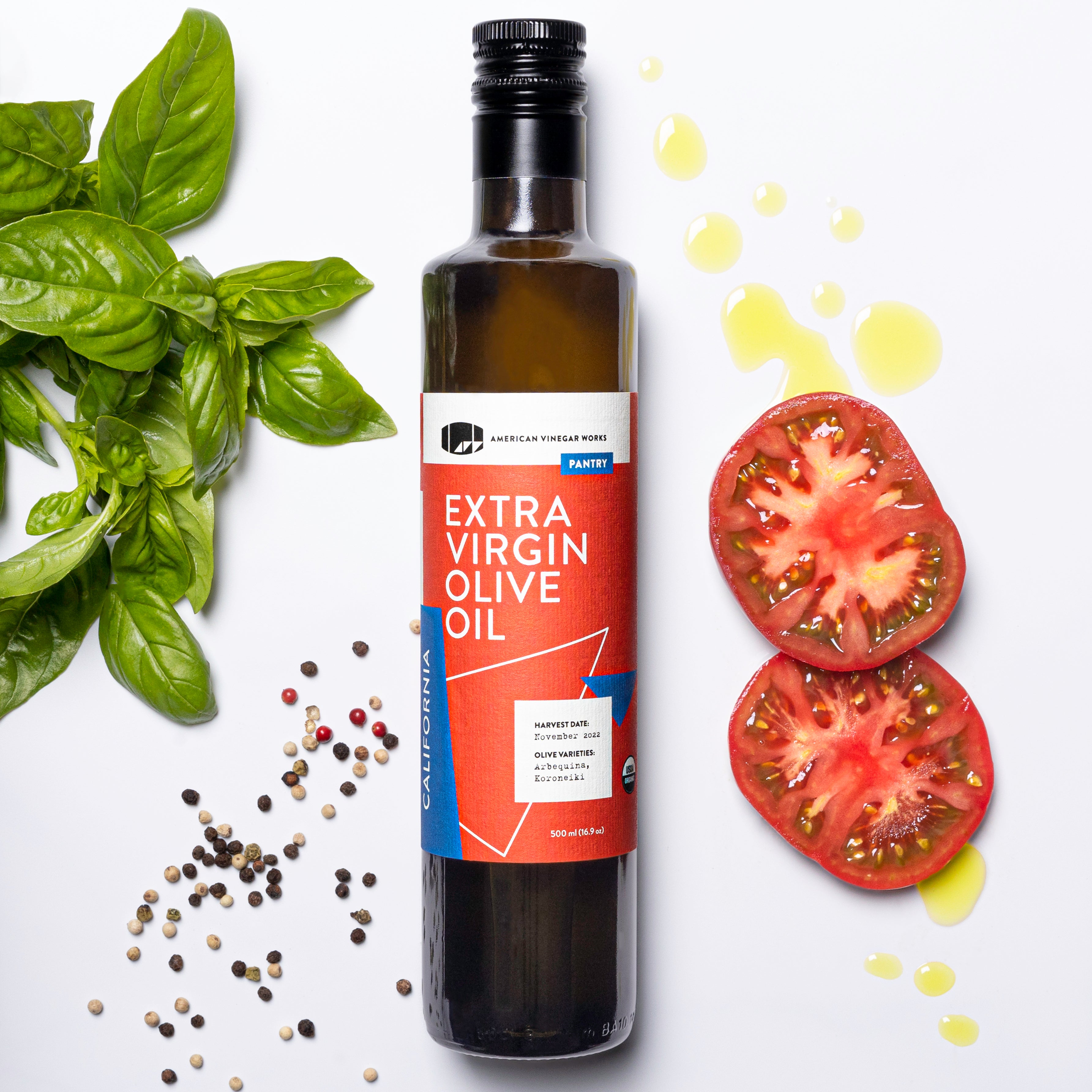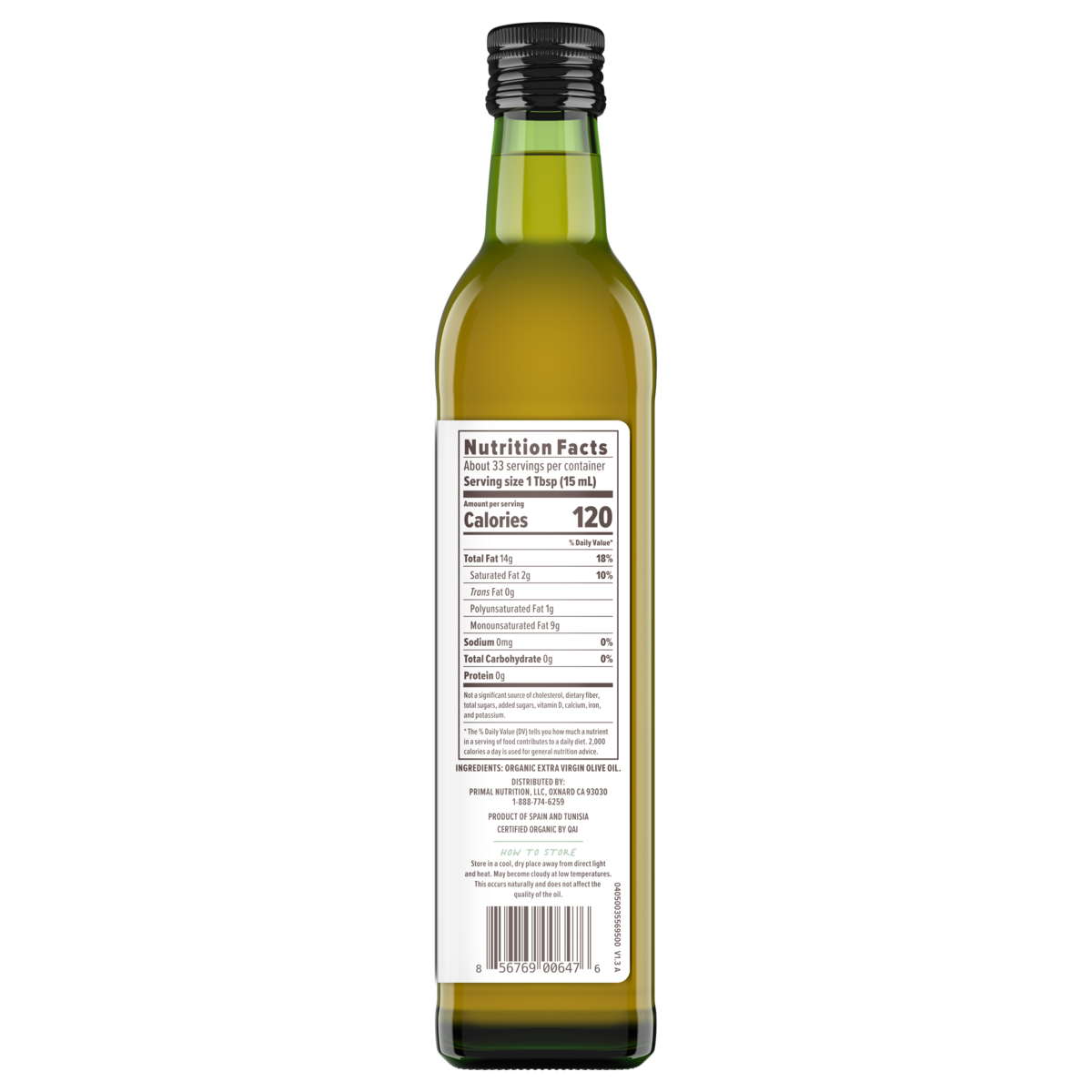Why Extra Virgin Olive Oil Benefits Your Gut and Digestive System
Why Extra Virgin Olive Oil Benefits Your Gut and Digestive System
Blog Article
Discovering the Different Kinds Of Olive Oil and Their Uses, Consisting Of Additional Virgin Olive Oil
The exploration of olive oil includes a diverse variety of types, each offering distinct flavors and culinary applications. Bonus virgin olive oil, renowned for its exceptional quality and health advantages, offers as a staple in numerous kitchen areas, yet it is only one element of this complex active ingredient.
What Is Olive Oil?
Stemmed from the fruit of the olive tree, olive oil is a staple in Mediterranean cuisine and a key component in numerous culinary applications. This functional oil is generated by pressing whole olives, resulting in a liquid that varies in aroma, color, and flavor depending on the kind of olives used, the region of growing, and the extraction process. Olive oil is primarily composed of monounsaturated fats, especially oleic acid, which is understood for its prospective health and wellness benefits, including anti-inflammatory residential properties and cardio support.
In addition to its culinary uses, olive oil has a lengthy background of application in typical medication and skin care, owing to its rich antioxidant web content (extra virgin olive oil benefits). The oil is often used in dressings, marinades, and for cooking approaches such as sautéing and roasting. Its distinctive taste profile can enhance the preference of numerous meals, making it a necessary component for both home cooks and professional cooks
Moreover, olive oil is celebrated for its role in the Mediterranean diet regimen, which is related to many health benefits. As recognition of these benefits grows, olive oil proceeds to get popularity worldwide as a basic element of a healthy lifestyle.
Sorts Of Olive Oil
Recognizing the different kinds of olive oil is necessary for both health-conscious consumers and cooking enthusiasts. Olive oil is identified mainly based upon its extraction technique and top quality, which considerably influences its health and wellness, taste, and aroma benefits.

Light olive oil, despite its name, describes a lighter taste and not lower calories. It is ideal for those seeking an extra subtle taste in marinates and dressings. Additionally, there are flavorful olive oils infused with natural herbs, flavors, or citrus, which can enhance recipes without the requirement for additional flavoring.
Each sort of olive oil offers certain culinary functions, and understanding these distinctions enables customers to make informed options that straighten with their cooking designs and health and wellness objectives.
Additional Virgin Olive Oil
Bonus virgin olive oil (EVOO) is commonly considered the best quality olive oil offered, celebrated for its abundant taste and various wellness benefits. To be categorized as extra virgin, the oil needs to be generated from fresh olives using mechanical procedures, without the use of solvents or extreme warmth. This precise technique preserves the oil's natural tastes, anti-oxidants, and healthy fats, leading to an item with a low acidity degree of much less than 0.8%.
EVOO is abundant in monounsaturated fats, especially oleic acid, which is connected to reduced inflammation and enhanced heart wellness. It also includes polyphenols, effective anti-oxidants that might offer protective impacts versus persistent diseases. The flavor profile of EVOO can vary substantially relying on the olive variety and region of production, ranging from fruity and verdant to durable and sharp.
:max_bytes(150000):strip_icc()/Simply-Recipes-Olive-Oil-vs-Extra-Virgin-LEAD-2-06554176fc6b45aabaa647a2493d2d52.jpg)
Culinary Uses of Olive Oil

In cooking, olive oil can be used for sautéing, roasting, and cooking, giving a much healthier option to butter or other fats. Its high smoke point makes it suitable for numerous cooking approaches, while its anti-oxidants add to a heart-healthy diet. Showering olive oil over ended up meals, such as pasta, fish, or barbequed vegetables, can boost tastes and add a touch of sophistication.
Additionally, olive oil plays a considerable role in cooking, where it can change conventional fats in dishes for bread and breads, passing on moisture and a refined taste. It also acts as a base for infused oils, allowing cooks to try out flavors such as garlic, natural herbs, or chili, even more expanding its cooking potential. On the whole, olive oil's adaptability makes it important in both home and professional cooking areas.
Picking Top Quality Olive Oil
When choosing quality olive oil, it's vital to think about numerous essential factors that affect the item's scent, wellness, and flavor advantages. Decide for extra virgin olive oil (EVOO), which is obtained from the initial cold pressing of olives and consists of the highest possible levels of antioxidants and helpful substances. Look for oils that are accredited by identified companies, as this frequently makes sure adherence to rigorous top quality standards.
The packaging likewise plays visit the site a considerable duty in maintaining the oil's integrity. Choose oils stored in dark glass bottles or tins to safeguard versus light destruction. Focus on the harvest day; fresher oils supply superior flavor and nutritional value, so pick items that are within 18 months of their harvest.
Furthermore, think about the beginning of the oil. High-quality olive oils usually originate from particular regions understood for their unique flavor profiles, such as Italian, Spanish, or Greek oils. Lastly, understand the taste; a high quality olive oil ought to have a balance of fruity, bitter, and peppery notes, indicating its richness and intricacy. By assessing these elements, you can ensure you are picking the ideal olive oil for weblink your cooking requirements.
Final Thought
In summary, the exploration of various kinds of olive oil exposes distinct characteristics and applications, with added virgin olive oil representing the pinnacle of top quality because of its reduced acidity and high antioxidant content. Its convenience in culinary usages improves flavors in dressings, marinates, and drizzles. Recognizing the different selections of olive oil enables for informed options in cooking techniques, promoting much healthier practices while enhancing the overall gastronomic experience. Quality choice remains vital for optimal advantages.
Derived from the fruit of the olive tree, olive oil is a staple in Mediterranean cuisine and a vital ingredient in various cooking applications.The most usual kinds of olive oil include fine-tuned olive oil, pure olive oil, and light olive oil.Bonus virgin olive oil (EVOO) is extensively concerned as the greatest top quality olive oil available, well known for its rich taste and countless health benefits. Choose for additional virgin olive oil (EVOO), which is acquired from the initial cool pressing of olives and includes the greatest levels of anti-oxidants and valuable substances.In recap, the exploration of various types of olive oil reveals distinct qualities and applications, with additional virgin olive oil representing the pinnacle of high quality due to its reduced level of acidity and high antioxidant material.
Report this page